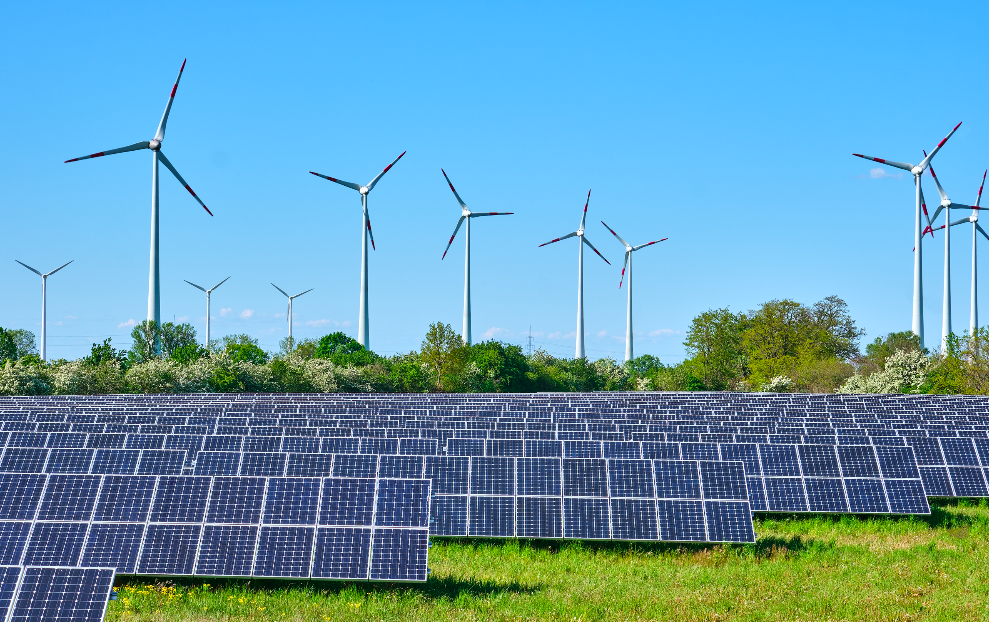Almost all of the UK's current private sector investment pipeline in Africa is dedicated to clean energy projects. A momentum on which the country intends to stay thanks to new commitments.
The UK will support the development of green hydrogen and renewable energy in Africa through an investment of $ 13 billion.
Offshore wind farm projects on the continent will be the main beneficiaries of these funds. This source of energy remains untapped on the continent, said Alastair Long, UK trade commissioner for Africa at S&P Global Platts.
The International Renewable Energy Agency estimates that nearly 22% of the 232 GW of installed capacity in Africa in 2019 came from renewable energies. The country also intends to support certain oil and gas projects under certain conditions, in order to be in line with climate commitments. It must be said that African countries are planning to rely on oil and gas resources to fill their energy deficit, and ensure the energy transition.
The UK started cutting back its support for foreign investment in fossil fuels last year. This year he has completely halted his help with the clean energy transition he has embarked on.
“We have succeeded in shifting the scale and level of oil and gas investment to renewable investment. Which is in part due to the speed of change, ”said Alastair Long. The country’s current strategy is to optimize the production of hydrocarbons to support the energy transition, he said.
The United Kingdom plays a significant role in the development of renewable energies in Africa with its specialized companies located on the continent. The country is the largest investor in renewable energy in South Africa. Indeed, the British company Globeleq is part of a consortium which this year won the status of preferred bidder to install 1.27 GW of solar and wind capacity in South Africa.































Réagissez à cet article